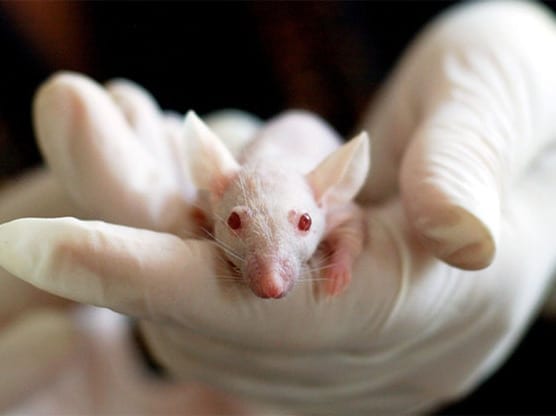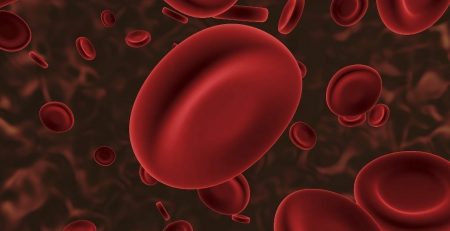Newly Identified Protein Complex Marks Brains of People with PTSD
While most commonly associated with experiencing wartime trauma, post-traumatic stress disorder (PTSD) may occur following any traumatic event, including natural disasters, accidents, or violent experiences. According to The Recovery Village, PTSD affects approximately 8 million Americans in a given year.
But new research led by the Centre for Addiction and Mental Health (CAMH) and published in the Journal of Clinical Investigation points to a groundbreaking new discovery that may lead to a potential treatment. Professor Fang Liu of the University of Toronto “has found that the brains of people diagnosed with PTSD have high levels of a protein complex formed from glucocorticoid receptor (GR) and FK506 binding protein 51 (FKBP51), exceeding not only levels in the general public but also people with major depressive disorder,” IFLScience.com reports.
“The discovery of the Glucocorticoid Receptor – FKBP51 protein complex provides a new understanding of molecular mechanisms underlying PTSD,” Liu said in a statement. “We believe this protein complex normally increases after severe stress, but in most cases, levels soon go back to baseline levels. However, in those who develop PTSD, the protein complex remains persistently elevated, and so this could be a blood-based biomarker for PTSD as well as being a target for pharmacological treatment. In addition, the peptide we developed could be given after a traumatic event, and could possibly prevent the patient from developing PTSD. This is a completely new approach to PTSD and for psychiatric disorders in general.”
This peptide disrupts the binding between protein and receptor, well, at least in the brains of mice. While mice are unable to describe any symptoms of PTSD they may or may not be experiencing, mice treated with the peptide “experienced molecular changes that restored their brains to more like their counterparts who never had fear responses instilled, and their freeze response changed accordingly.”
“We are thrilled this CAMH-led discovery can potentially help millions of people put the trauma behind them,” Liu said.














